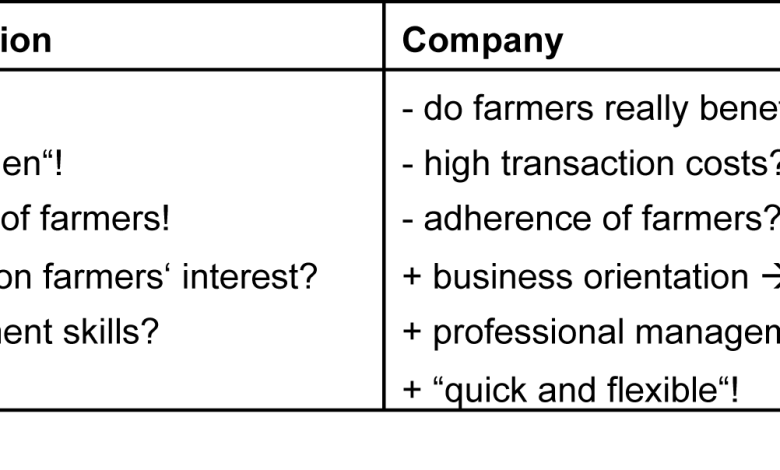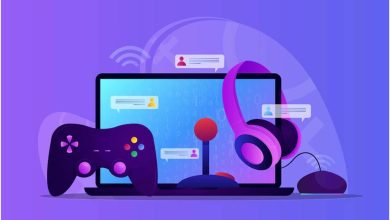Advantages Of Taking Up Poker


Poker is a popular hobby all around the world, and has only gotten more so over the years. In the aftermath of the “poker boom” that started in the U.S. when amateur Chris Moneymaker won the World Series of Poker, ESPN estimated that some 50 million Americans were playing poker. Now, despite the perception that said “boom” has faded, that number is believed to have gone up. Some estimates peg the U.S. (seen by some as poker’s “home” thanks to Las Vegas) with some 60 million players now –– and the World Poker Tour estimates that at least 120 million people around the world are active just in online poker.
That’s an awful lot of people, primarily playing the game for one of two reasons: to make a bit of extra cash, or to have fun (or both, of course). Even apart from these primary motivators though, there are other benefits these tens of millions of people can draw from playing the game. Let’s explore a few of these benefits below.
Becoming Adaptable
Adaptability is an incredible skill to have. A piece at Medium.com explains that in poker specifically, being adaptable means adjusting to the fact that “the hand you have been dealt with changes all the time.” You’ll very rarely get the same hands, and your opponents certainly won’t either; neither good nor bad fortune is consistent. So, to succeed, you have to learn to bend and adjust according to the flow of the game.
Learning this skill will help you time and again beyond the tables. In real life, you may just find yourself better able to adjust when situations don’t go your way. Maybe you’ll confront an unexpected challenge at work, or your child will get sick at school; maybe a pandemic will sweep through and upend your way of life! You never know what it will be, but if you have the capacity to adapt, you can handle it.
Improving Strategic Thinking
We noted in our previous piece “Advantages and Disadvantages of Video Games” that playing games can help you to develop leadership and strategic thinking. And regarding the latter, poker can also be a very valuable teacher. By placing you in countless different scenarios to assess and act on, the game is constantly pushing you to think on your feet, and adjust plans according to new information. Maybe you have a strong pair in hand and you’ve already bet on yourself, but you’re suspicious the latest card laid out gave an opponent a flush; perhaps you started out bluffing and then wound up with an unexpectedly strong hand.
Whatever the case, with so many possible outcomes and pot odds to consider, players are required to think fast about their own actions –– and consider what their opponents may do. It’s excellent training for strategic thinking.
Learning From Mistakes
Mistakes are never fun, but they sure can be valuable provided you make an effort to learn from them. A blog post at Poker.org points out that none other than Phil Ivey himself –– one of poker’s most successful players –– is an example of this behavior. When he loses, the vaunted champion simply moves on (rather than getting distraught) and looks to learn from what went wrong. Taking things a step further, Ivey and some of his fellow elite pros have even been known to rewatch their mistakes from recorded tournaments, and take notes in order to identify recurring issues, or opportunities for improvement.
It’s quite clear how this approach can help you become a better poker player. But again, this habit can prove to be a bigger advantage in your life as well. Developing a habit of handling and learning from mistakes will serve you well just about every day, whether it’s in correcting errors in your job, or adjusting habits to improve your wellness.
Improving Social Skills
While poker isn’t considered an overly social game, there’s still quite a bit about social skills that you can learn from it. This was a defining feature of the findings of one Jussi Palomäki in a research paper for the HELDA program at the University of Helsinki. Palomäki dove into the fact that poker is played “in a social setting” (even online), and involves constant cues and reactions, such that social interaction ultimately influences decision-making. His findings also indicated that these aspects of poker improve one’s social skills as well, however –– noting specifically that proficient players had “better social processing skills.”
Naturally, that’s a benefit you can carry into day-to-day life as well, with friends, co-workers, family, and even new acquaintances. A better ability to process social interactions helps you to express yourself clearly, understand others, and generally have more productive relationships.
To conclude, we’ll reiterate that most out there are playing poker either to win money, have a bit of fun, or both. But with all these potential benefits in mind, it’s worth considering the game as a means of self-improvement as well. Just remember to play responsibly and take your time to learn, and you could well be on your way to a boost across these categories.
Read More: High Technology and Human Development





